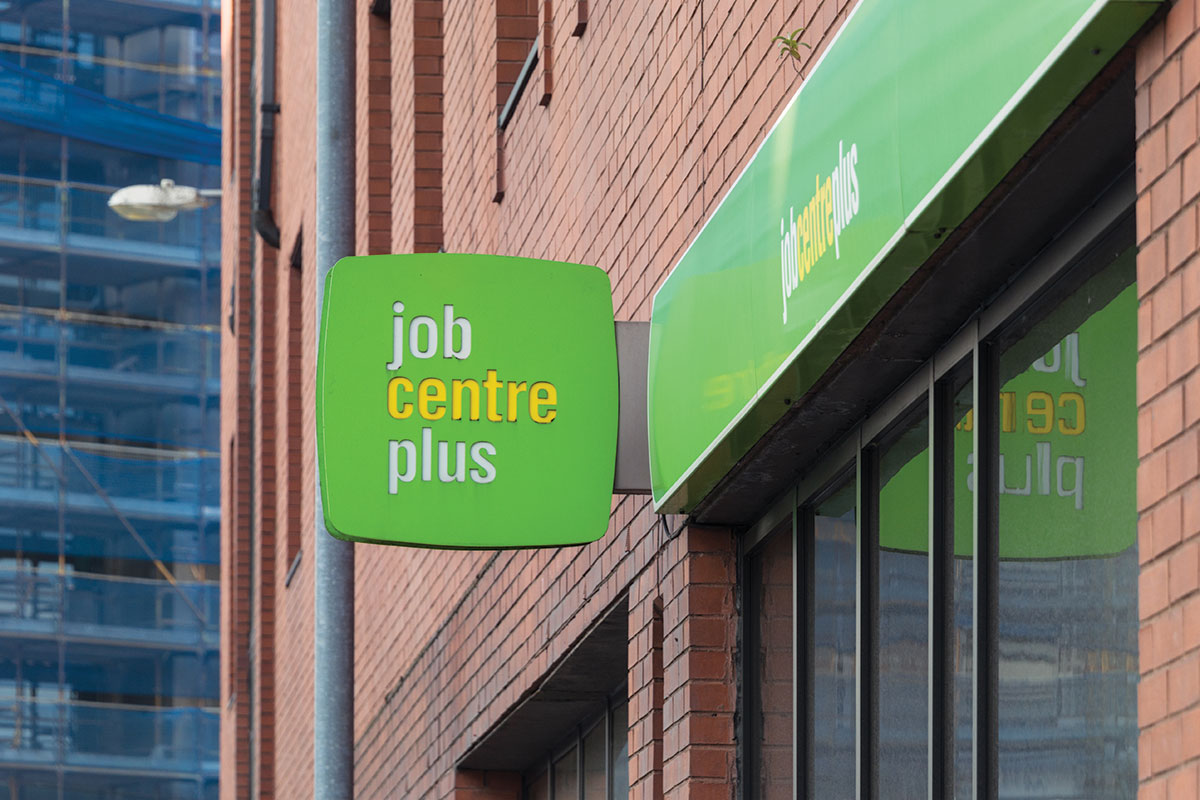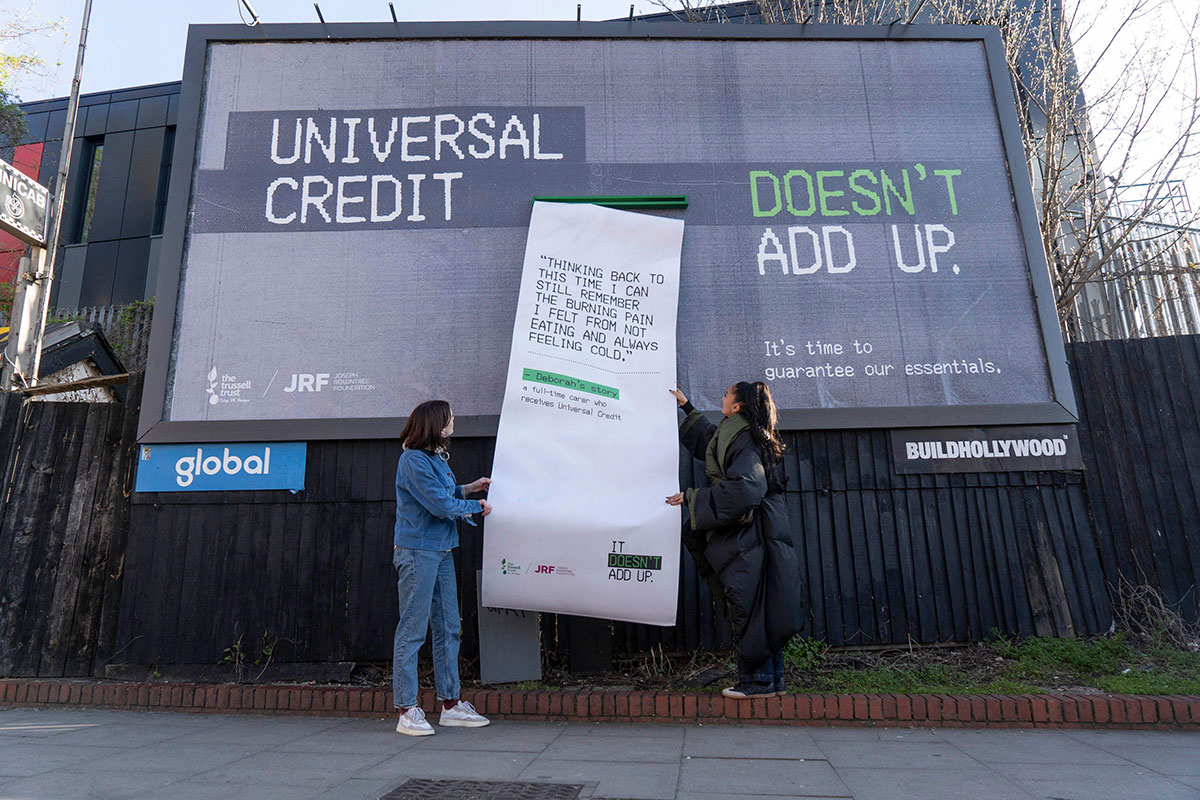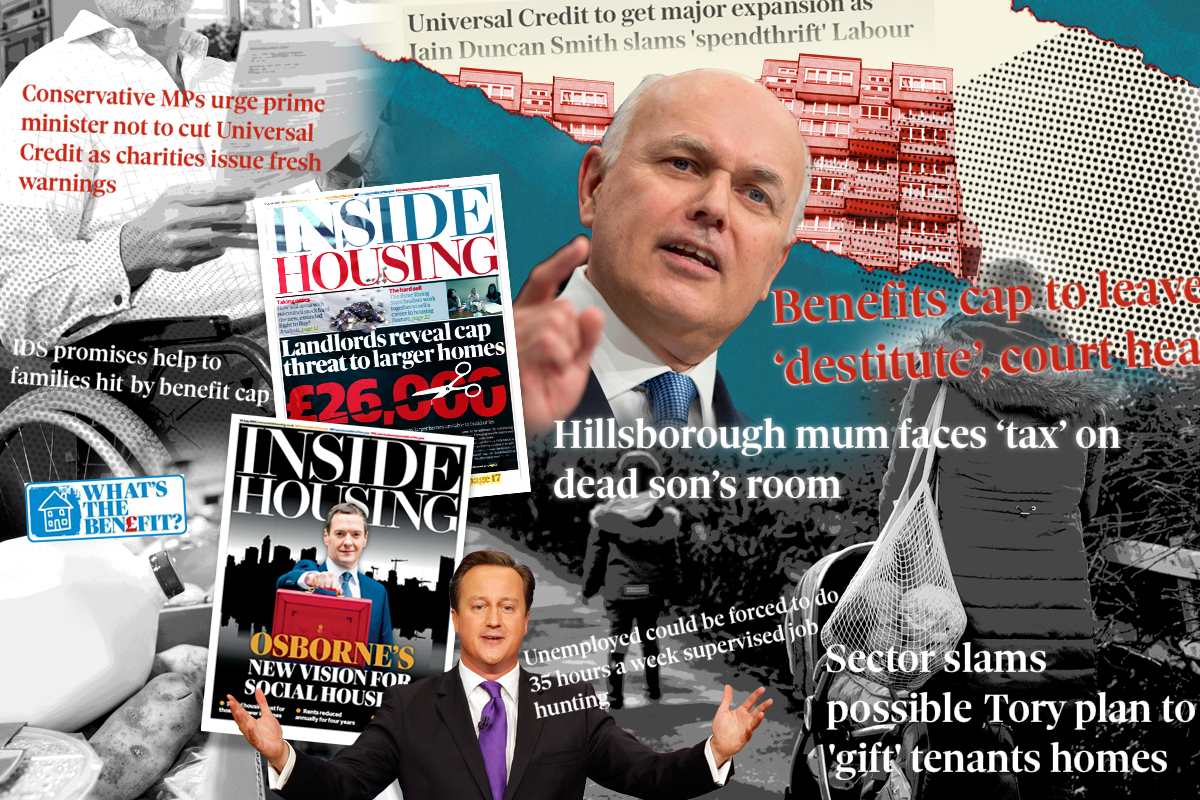Welfare system needs ‘urgent reform’ to meet needs, says new report
The UK welfare system needs urgent reform to meet the needs of benefit claimants and to tackle the impact of the cost of living crisis, a report commissioned by a social landlord has warned.
Today, Grand Union Housing Group has published a report that makes the case for reforms to the welfare state that prioritise accessibility, flexibility and fairness, and provide an adequate income to families.
Aileen Evans, chief executive of Grand Union, said: “As we move towards an election, I would really like to see some acknowledgement from the political parties that the welfare system needs fixing.
“The system is not efficient for the government or for claimants.”
The report detailed how changes to the welfare system since 2010 have left people struggling through complex systems which risk denying them the support they are entitled to, while punitive measures have led to rising household debt.
Grand Union’s report offered 11 clear recommendations, including making the Universal Credit system more user friendly for claimants, reviewing the success of the bedroom tax, and scrapping the two-child tax credit limit.
Other recommendations included ending a postcode lottery on council tax support and shifting to a medically informed model for assessing Personal Independence Payments.
Click here to read Inside Housing’s full analysis of the report.
Major changes have been made to the welfare system by successive governments since 2010 that have affected claimants’ ability to pay rent.
This includes the bedroom tax, which reduces entitlement to payments according to the number of ‘spare’ bedrooms in a social home.
The policy has left disabled people who need overnight carers or space to store medical equipment unable to pay their rent.
Overall benefits have also been capped at £25,000 a year for families in London and £22,000 a year outside, with lower rates for single people. These thresholds have made it impossible for those with larger families to rent adequately sized homes, particularly in higher value areas.
In the private sector, residents are only able to claim Local Housing Allowance according to the lowest 30th percentile of local rents, but this has been subject to several freezes while actual rents have risen – pricing those reliant on benefits out of many areas.
The new system of Universal Credit – badged as making benefits similar to work payments – has a waiting period of around five weeks, which means claimants can get into rent arrears before they start receiving money.
This means they take out loans, which are then difficult to pay off and reduce overall benefit costs.
Sign up for our tenancy management newsletter
Already have an account? Click here to manage your newsletters












